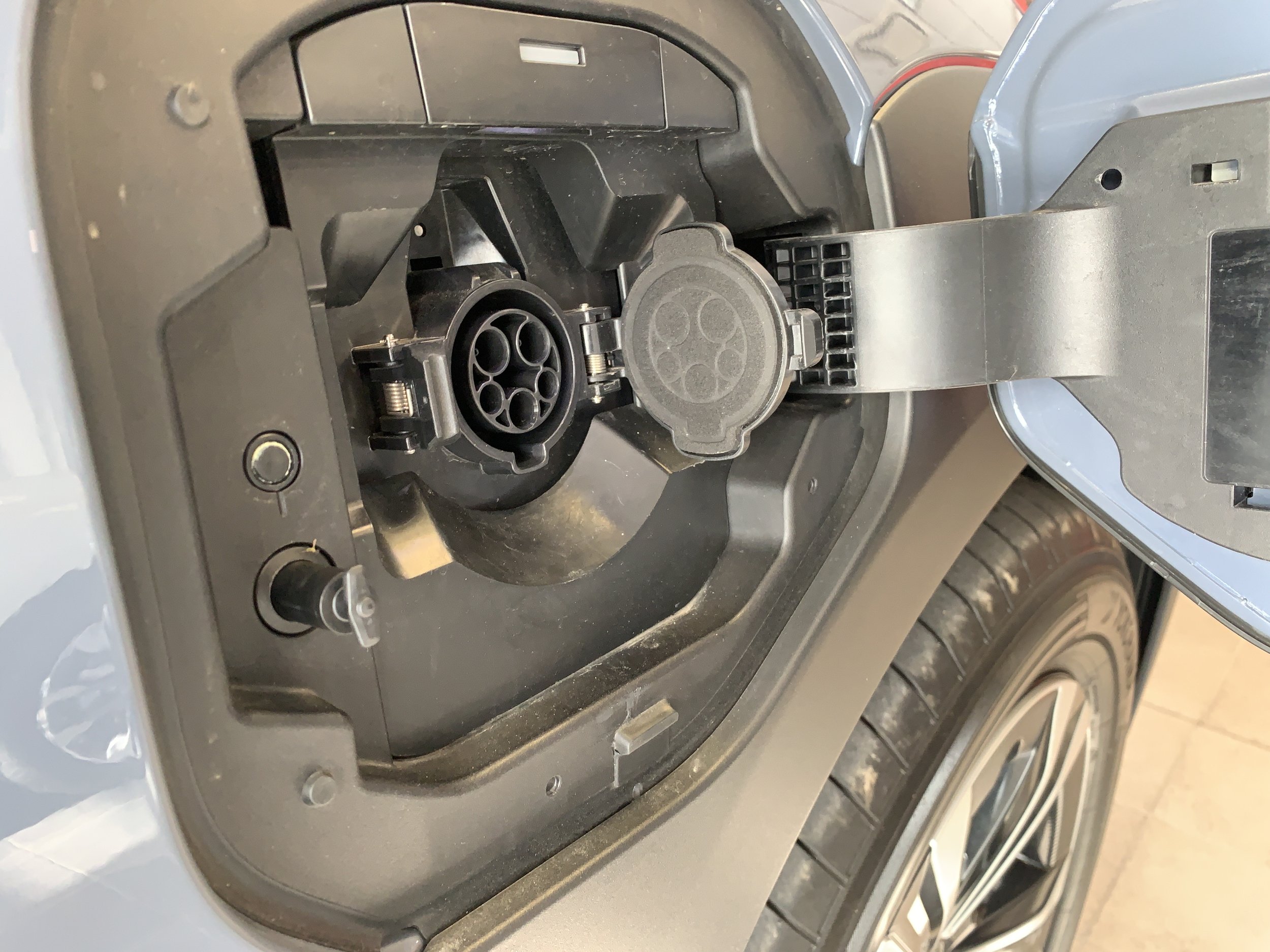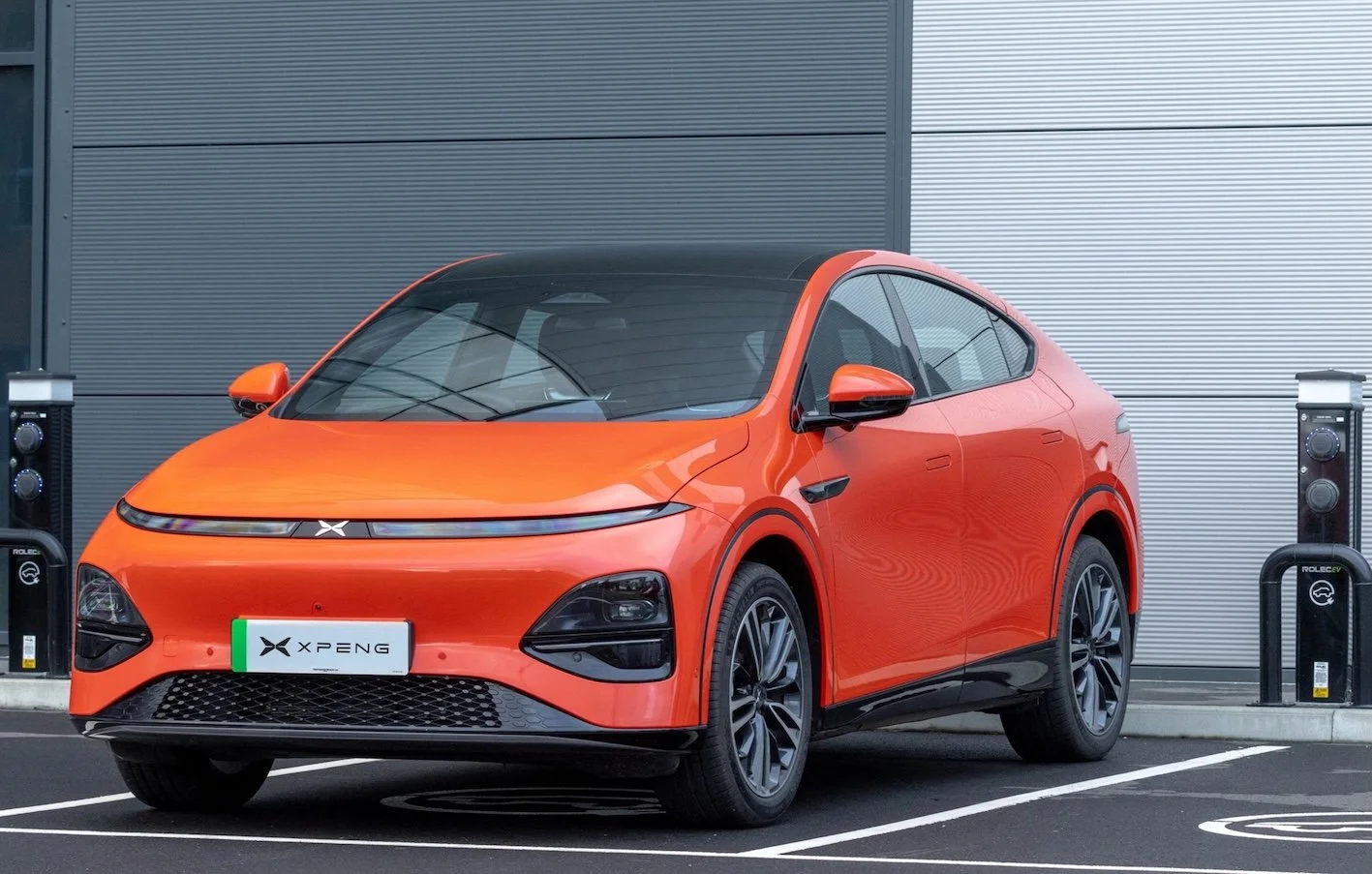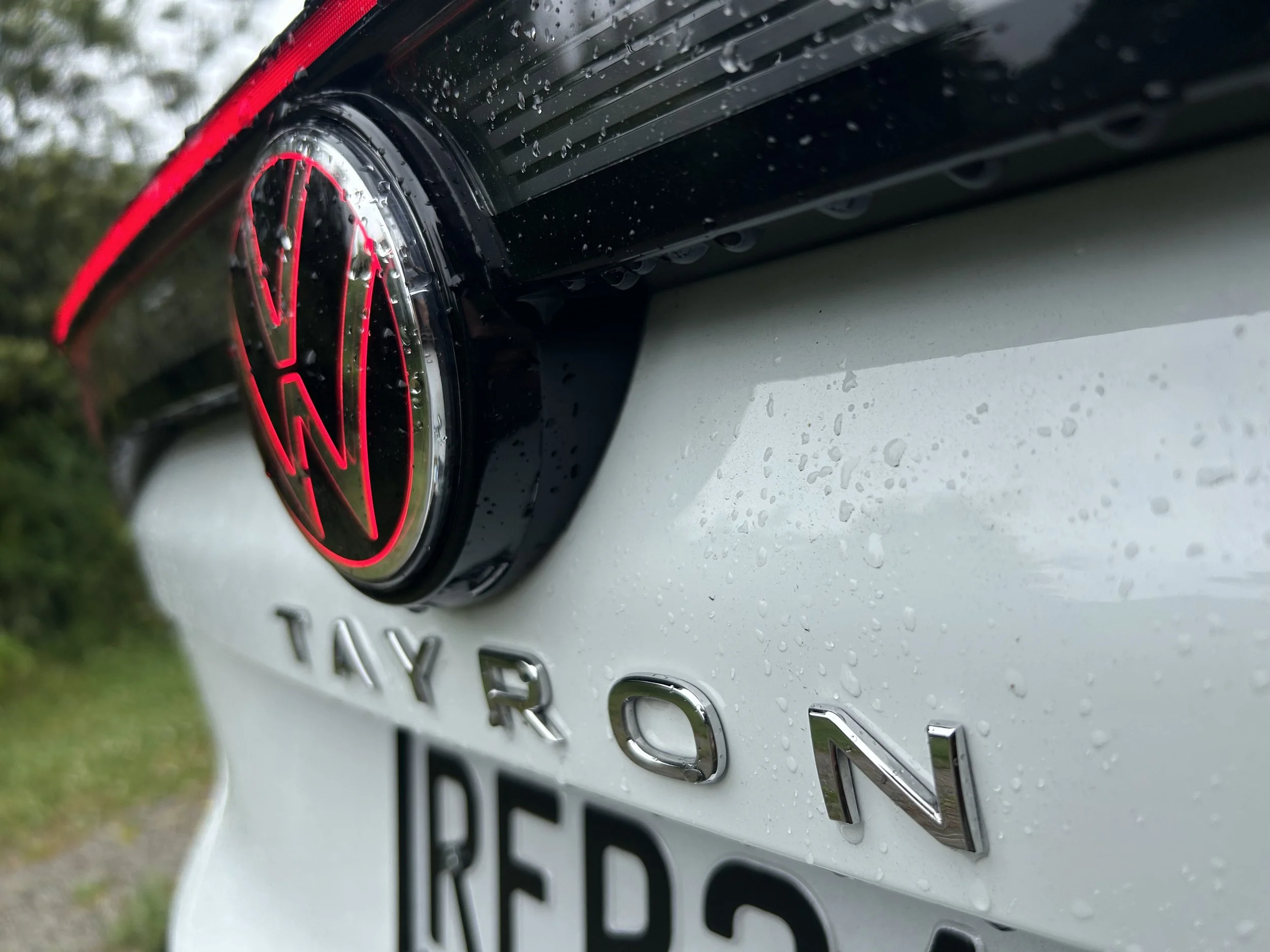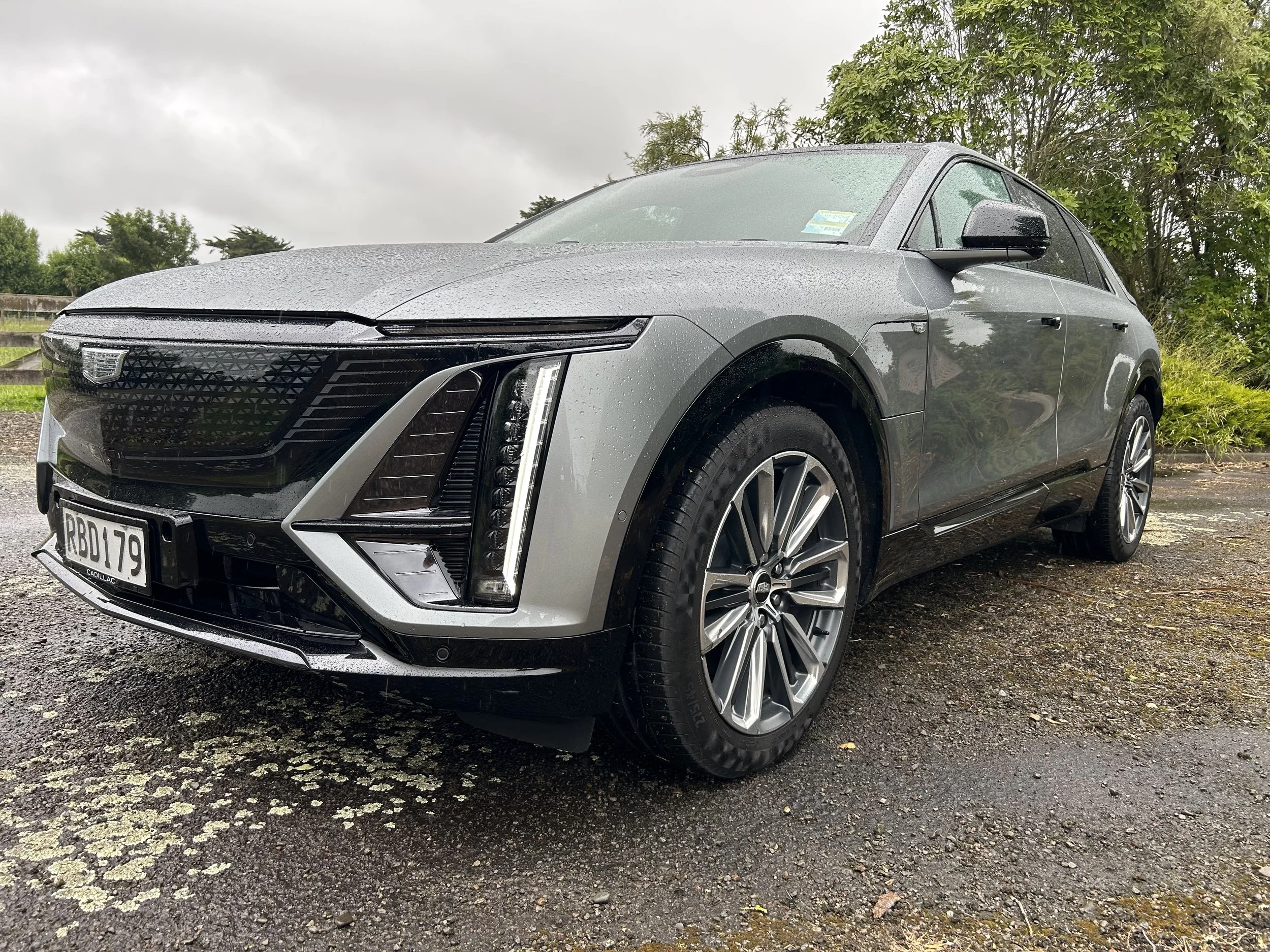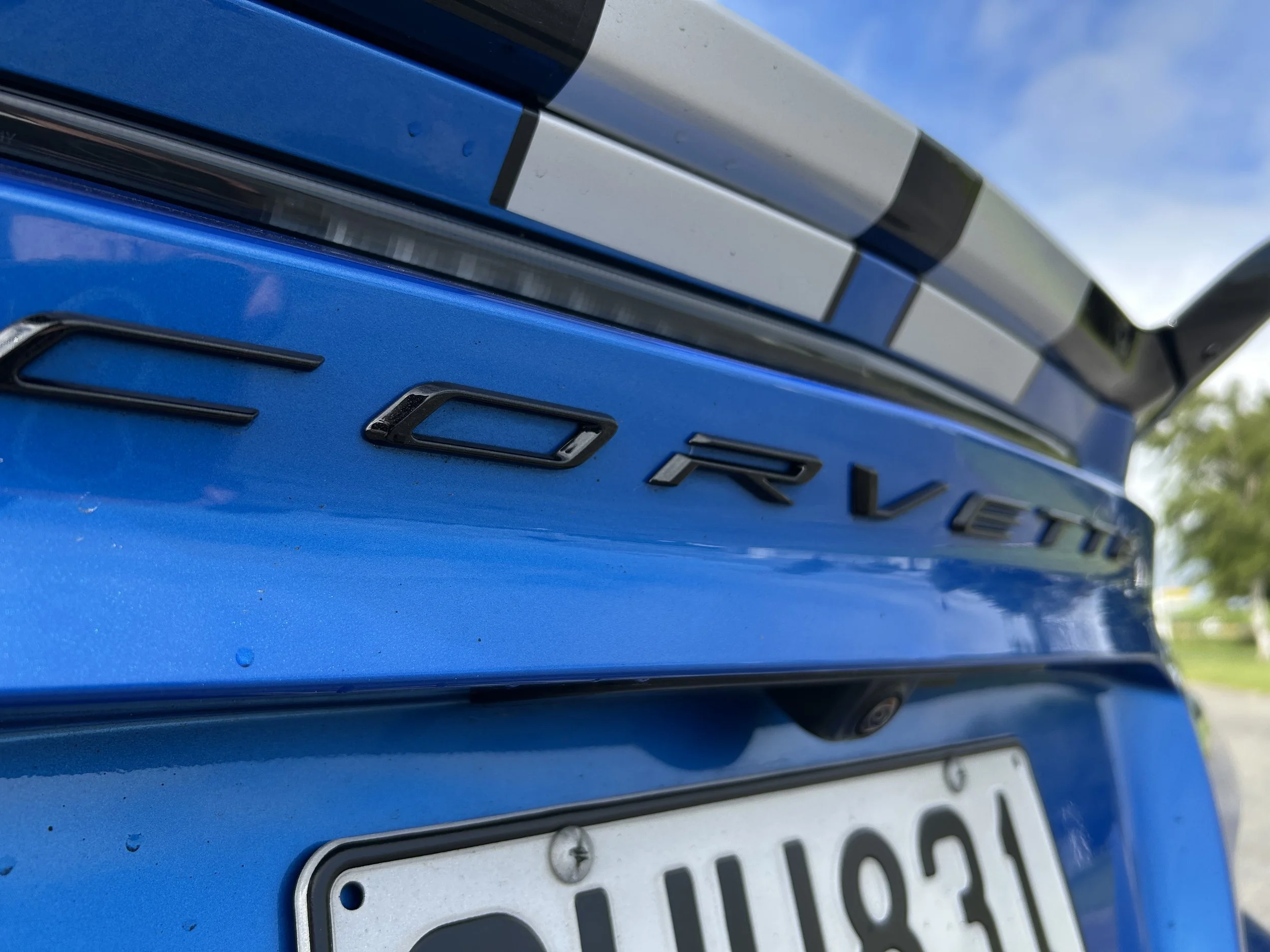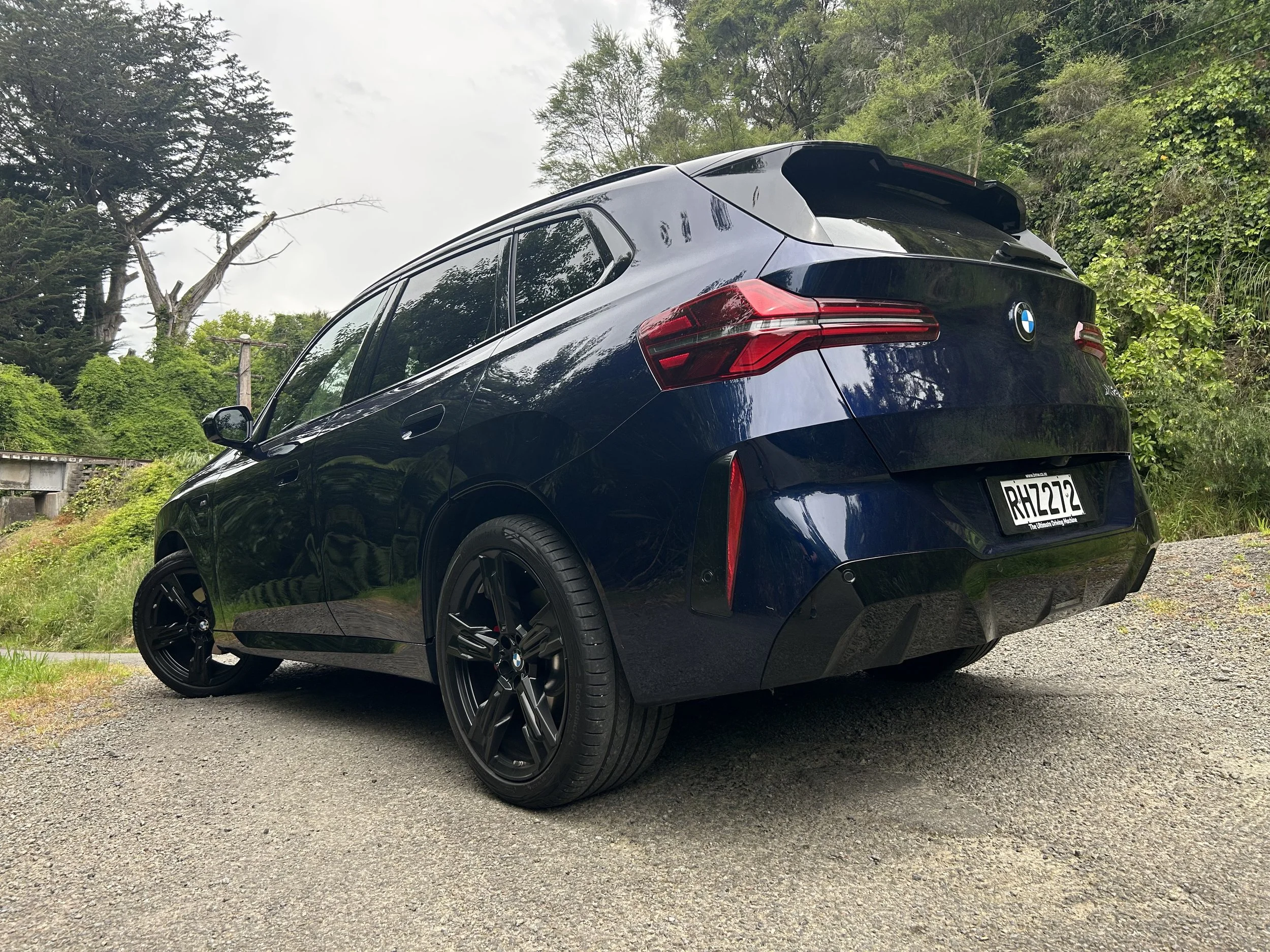Soaring temps puts spotlight on EV performance
/Climate change concerns also reinforce why air con now so vital - but also highlight refrigerant concern.
AIR-CONDITIONING technology having becoming ultra-critical to the performance and energy efficiency of battery-fed vehicles has been put into the spotlight with national conferences timing with a very hot northern hemisphere temperatures lending demonstration of the outcome.
Why chemical manufacturers are lining up to have their refrigerants approved for automotive use is a core subject of a ‘future:gas’ educational seminar series that kicked off in Auckland yesterday, is in Wellington today and Dunedin tomorrow, then tours Australia.
The GoAuto website reports the seminar will also address a generational shift taking place in the gases used across all forms of air-conditioning and refrigeration worldwide due to the phase-out of ubiquitous products like R134a that are thousands of times more potent than carbon dioxide in their contribution to climate change if released to the atmosphere.
It reports Brett Meads, an automotive air-conditioning expert who will speak at some of the events, saying the adoption of air-conditioning technology for the thermal management of electrified vehicle batteries and drivelines has elevated refrigerants from the role of creature comfort enabler to the arbiter of reaching a destination or being stranded.
“In a petrol or diesel vehicle, if the air-con fails you can at least open the window and keep driving,” said Mr Meads.
“However, many electric vehicle platforms rely on complex air-con architecture to assist in the thermal management of EV sub-systems. Should an air-conditioning fault occur it may result in the vehicle entering limp-home mode at best, or shut down altogether at worst.”
This aspect of the content is proving highly topical as data from United States analytics firm Recurrent revealed that extreme heatwaves, exactly like those being experienced in North America and parts of Europe right now, are reducing the range of some electric vehicles by up to 31 percent when temperatures exceeded 37 degrees.
Experts say that while heatwaves are unlikely to cause long-term damage to batteries, high demands on their thermal management systems will reduce driving range.
"You're running the fan harder, you're running the refrigerant faster … All of these things take more electricity. So that's going to reduce the range," one said.
Mead is president of Australasian automotive electrical and thermal management industry body VASA.
He says the Society of Automotive Engineers (SAE) isevaluating several new refrigerants to find those most suited to the challenge of keeping vehicle occupants comfortable in a range of climatic conditions while managing thermal management requirements of various critical driveline components.
It’s a stiff challenge, he told GoAuto writer Haitham Rezagui.
“Not only does a refrigerant need to work in any climate zone, in air-conditioning or heat pump mode, without draining too much battery range in the process, it must meet tough environmental requirements in terms of how much damage it might do to the atmosphere if it leaks out of the vehicle.”
The potential environmental footprint of automotive refrigerants is a priority due to the fact air-conditioning components are often damaged in collisions. There were also concerns about how much refrigerant is released when a vehicle reaches the end of its life rather than being recovered for safe destruction or reuse.
“This is why I’m more than a bit mortified about how long it is taking global car manufacturers to send cars to Australia with the new R1234yf refrigerant,” he told GoAuto.
“Instead of the equivalent to 1.4 tonnes of CO2 if released, which is what happens with just a kilogram of R134a, the same amount of R1234yf is equivalent to a few hundred grams of CO2 if it gets out.
“The European Union banned all new cars from using R134a at the beginning of 2017, yet when I open the bonnet of a brand-new European-made car at an Australian dealership, there is still a high chance that I will find R134a in its air-conditioning system – and that includes electric cars supposedly sold on their environmental credentials.”


